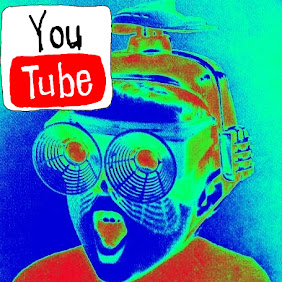This essay was written while I was studying for my Scottish Highers in order to apply for university. My teacher was the eccentric Mr. Hamilton of Ravenspark Academy who claimed that his mother had won an Iron Cross in WWII. As you can, see from his comments, I was well on the way to being his star pupil.
Essay topic: To what extent did Napoleon uphold the principles of the French Revolution?
To answer this question, we must first remind ourselves of the principles of the Revolution. These are summed up in the Revolutionary slogan, “Liberty, Equality, Fraternity.” These principles were not properly implemented by the Revolutionaries, mainly because of the external threat exacerbating inner turmoil, which resulted in anarchy or tyranny instead of liberty – summary justice and terror, and the elevation of bloodthirsty demagogues.
Napoleon was given power by corrupt and unpopular politicians, who feared the mob. They chose Napoleon both because of his popularity and personality. He was no bloodthirsty idealist, and also, as a general, he could be relied on to keep law and order by using the army. So, Napoleon was given power as a military dictator. If he had stuck to the principles of the Revolution that would have been inconsistent with his ambition, and perhaps have brought a return of former excesses, though, by now, as the cynical attitude of the Directory politicians had shown, idealism was at a low ebb.
The people wanted efficiency instead of corruption, order instead of anarchy, and strength without cruelty. As a benevolent despot, Napoleon fulfilled these aspirations. To secure his power he suppressed Liberty wherever opposition could arise, i.e. the representative bodies, the provinces or regions, and the press. In this he was no Stalin or Robespierre and did all with consideration and relative humanity. Gradually the representative bodies were rendered impotent, their procedures limited, their members reduced to appointees of the Emperor. France was centralized, with all the functions in Paris under Napoleon, and criticism of Napoleon was censored. He allowed freedom of religion, and trade was only restricted by the dictates of war.
As for Equality, Napoleon made no secret of his feeling of superiority by proclaiming himself Emperor, but, remembering his relatively humble origins, he did not discriminate against lower class people of talent. As there was more equality of opportunity, merit decided position, especially in the army. Napoleon sought to create an educational system that would be open to all, with talent directed into the army and sciences. Napoleon was motivated here not by idealism but by practicality. His laws were generally fair to people uninvolved in political dissent.
Where before Fraternity was nothing, with faction against faction or selfish politicians plundering public money, Napoleon united and inspired the nation with his victories and glory as one body under him. But he misused this patriotism in increasingly bloody wars and gradually drained France as one body.
He did not uphold the idealistic and unrealistic ideas of the Revolution or its spirit, but he consolidated its sensible and practical reforms, and gave merit the ascendancy over privilege. If the Revolutionary mob of Paris had shouted – with “Liberty, Equality, Fraternity” – “PEACE,” then Napoleon would have betrayed the last principle more than all the others put together.
Teacher's remarks: "As good an account or the issue as I have seen. However you should use as much back up evidence to sustain your argument as you can without breaking the flow of your ideas, which is the great cohesive strength of your essays." (17/25)































No comments:
Post a Comment